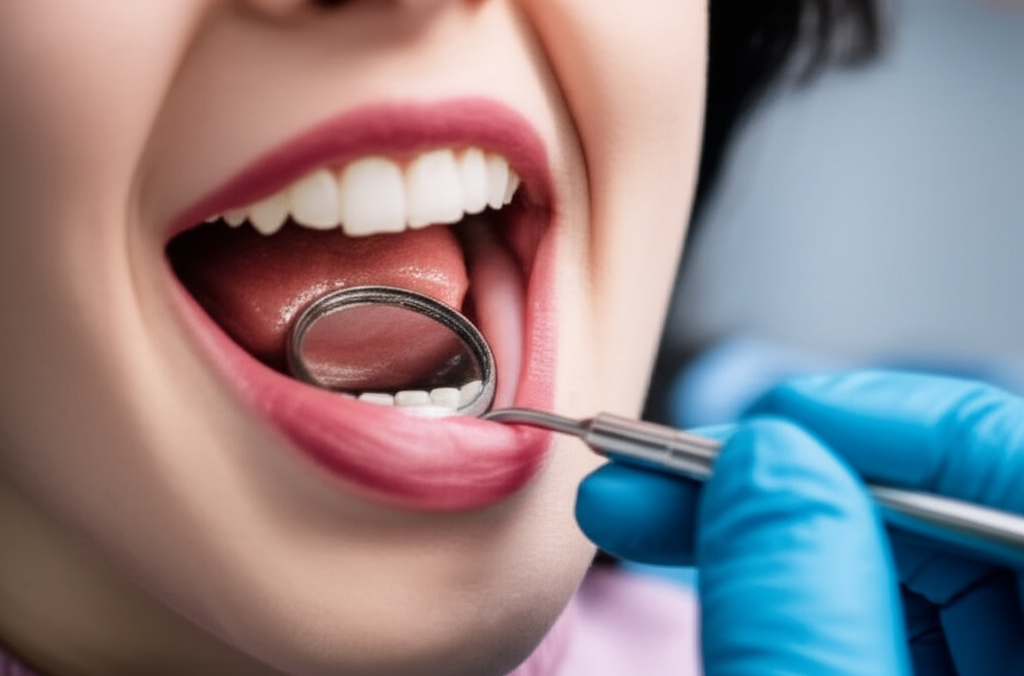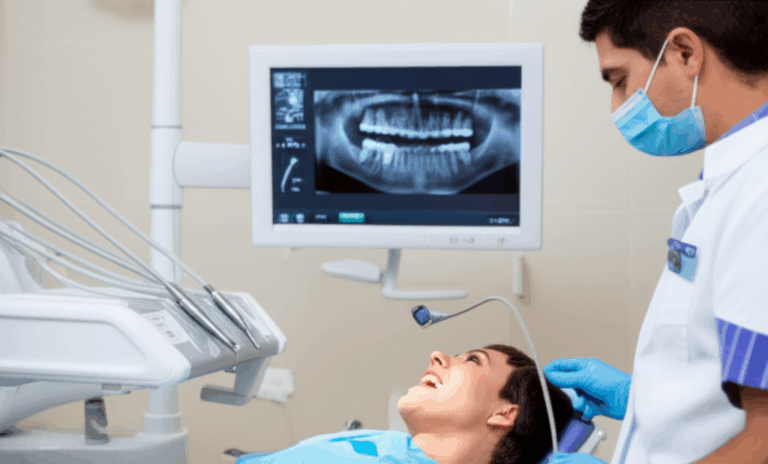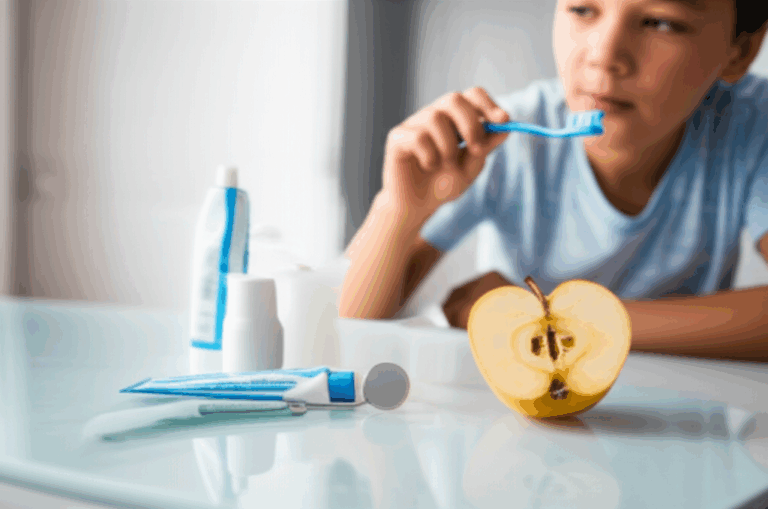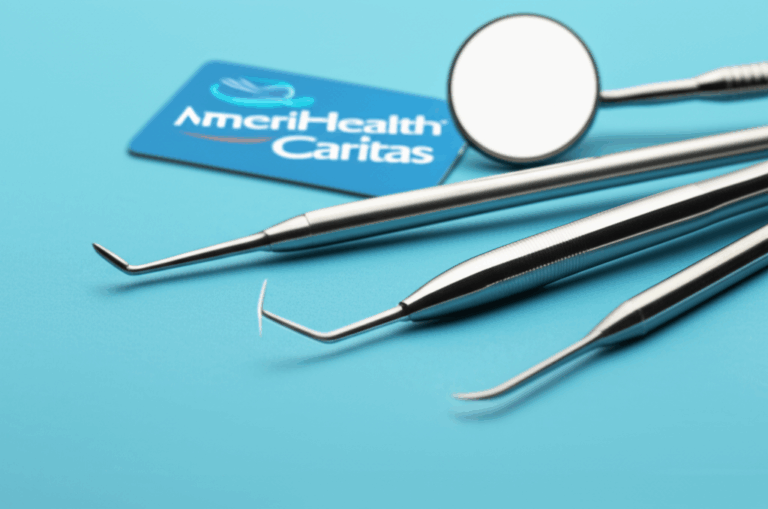
Can Your Dentist Tell if You Vape? The Truth About E-Cigarettes and Your Oral Health
Table of Contents
- Dry Mouth and Why It Matters
- Gum Inflammation and Bleeding
- Receding Gums and Hidden Damage
- Tooth Decay, Cavities, and Sweet-Flavored Clues
- Bad Breath, Stains, and Other Oral Changes
- Other Subtle Cues Dentists Notice
- Nicotine: Small Molecule, Big Problems
- The Chemicals Lurking in E-liquids
- Heat, Aerosol, and Their Lasting Impact
- Tailoring Your Oral Care
- Risk Assessment and Medical Safety
- Non-Judgmental Support and Confidentiality
- My Daily Habits for Healthy Teeth and Gums
- The Power of Regular Dental Visits
- Quitting Vaping: What Changed for Me
My First Encounter With the Question: Can Dentists Tell if You Vape?
Not too long ago, I was in the dentist’s chair, feeling that mix of worry and wondering. I had been vaping for years by then. Like lots of people, I thought, “Can my dentist actually tell I vape?” I knew smokers always got caught—yellow teeth, strong smell, all those regular clues. But vaping was supposed to be clean and hard to spot, right? Turns out, that’s not really true.
Later on, I found out dentists can see right through the vape cloud. There are quiet signs in your mouth and patterns only dentists spot. There’s more to this question than you think. What I found out might change how you see your checkups and your vaping habit.
How Dentists Detect Vaping: The Telltale Signs I’ve Learned to Spot
Dry Mouth and Why It Matters
One of the first things I noticed was dry mouth. After I started vaping, my mouth always felt dry—like chewing on a napkin. I didn’t think it was a big deal, but my dentist caught it quick.
She told me that e-liquids have propylene glycol and vegetable glycerin—these two things suck water out of your mouth. That dry, tacky feeling was a big sign that I had less spit than normal. When you don’t have enough spit, germs grow, cavities can show up, and your mouth just feels wrong. My dentist saw it and asked right away: “Did you start vaping?” I couldn’t hide it.
Gum Inflammation and Bleeding
A while later my gums started to bleed when I brushed. I thought I was just brushing too hard, but my dental hygienist knew better. She saw my red, puffy gums—clear signs of gingivitis. When she poked at my gums, they bled even more. She told me nicotine makes blood flow slow down and hides how bad the swelling is.
Even if your gums look okay, nicotine can cover up the bleeding. That means gum disease can get worse with less warning. Worse cases, like periodontitis, can sneak up if you vape.
Receding Gums and Hidden Damage
Receding gums wasn’t something I even thought about until my dentist said my gum line was higher than last year. I thought I was just making it up, but the dentist’s notes proved it. Always vaping—especially with nicotine—causes gums to get sore and heal slower. Over time, gums move away from teeth, letting roots show and causing bigger problems.
This made me realize what I thought was a ‘safer’ habit than smoking was still hurting my gums.
Tooth Decay, Cavities, and Sweet-Flavored Clues
My biggest shock was getting my first cavity after years with none. I asked the dentist why things changed, and she broke it down. Dry mouth, changing germs from vaping, and all the sweet vape flavors—these things are like a party for cavity bugs.
She even said some younger patients come in with decay between teeth or near the gums, even if they brush and floss well. If you like sweet dessert flavors or vape a lot, you’re at bigger risk for cavities.
Bad Breath, Stains, and Other Oral Changes
I didn’t want to admit it, but vaping messed up my breath too. Bad breath (halitosis) stuck around because of the dry mouth and the way vaping changed my mouth germs. Sometimes there were stains, or a white layer on my tongue—that’s another thing my dentist saw right off.
Not every vape stains your teeth, but some do. Compared to smoking, it’s less, but the marks are still there, especially with dark vape juices or if you vape often.
Other Subtle Cues Dentists Notice
It’s not just about science, either. Dentists use their senses. Sometimes your breath smells a bit like fruit or candy, or there’s sticky stuff on your retainer or aligner. These aren’t always proof, but with other signs in your mouth, dentists figure it out quick.
And every dentist asks your health story. If you’re between 13 and 30 (when vaping is pretty popular) and you suddenly have dry mouth, gum trouble, and cavities, dentists will ask the right questions.
What Science Really Says About Vaping and Oral Health
I’ve spent time reading up and looking at studies to see what’s true and what’s just talk. Here’s a simple breakdown:
Nicotine: Small Molecule, Big Problems
Nicotine isn’t only addictive—it’s bad news for your mouth. Here’s what the research says:
- Shrinks blood vessels: Nicotine makes blood vessels in your gums smaller. Less blood means slow healing, more risk for infection, and not enough healthy stuff getting to your gums.
- Weakens your defenses: Your mouth always fights germs. Nicotine weakens this, letting gum disease and weird mouth infections like thrush show up.
- Hurts bone: Dentists watch your x-rays to check your jawbone. For vapers, nicotine can make jawbones thinner or weaker, which is not good long term.
The Chemicals Lurking in E-liquids
Vape juice isn’t just water vapor (despite what ads make you think). Your mouth gets hit with a mix of chemicals each time you inhale, like:
- Propylene glycol and vegetable glycerin: Dry out your mouth fast, so cavities can show up even quicker than you’d think.
- Flavors like diacetyl: Some flavors damage the cells in your mouth or cause sore spots and burns on some people.
- Metal bits from the vape pen: Small metal pieces can get in your mouth, making your gums and cheeks sore or red.
Dentists at smart places like a digital dental lab know all these risks now, so they can plan the best care for vapers.
Heat, Aerosol, and Their Lasting Impact
I was surprised that even just the heat from vaping can hurt your mouth. Vape clouds aren’t as hot as smoke, but still warm enough to bother the skin in your cheeks or the roof of your mouth.
- Hurts your mouth germs: Good and bad germs live in your mouth. Vaping messes up the balance, letting the bad ones grow.
- Wears down enamel: Acid from vaping can scrape away the hard outside of teeth, making them sensitive and more likely to get cavities.
It’s not just one thing—the problems add up the longer you keep vaping.
Why Telling Your Dentist the Truth Isn’t Just About Honesty—It’s About Your Health
I learned this one the hard way. Admitting to my dentist that I vaped made me nervous, but it actually changed my care for the better.
Tailoring Your Oral Care
The way your dentist helps you depends on what they know. If you vape and keep quiet, you risk:
- Getting the wrong treatment or problems after you get fillings or teeth pulled. For example, not telling them I vaped could have made healing after getting wisdom teeth out a lot worse.
- Missing out on tips that really help. My dentist gave me easy tips like using germ-killing mouthwash, drinking lots of water, and coming in for extra cleanings—all because she knew I vaped.
If you ever get crowns or bridges or even work with an implant dental laboratory, your dentist can warn you about bigger risks for slow healing or failed implants.
Risk Assessment and Medical Safety
Your dentist wants to avoid bad surprises. If you need mouth surgery, dental implants, or gum work, they must know you vape. Nicotine makes healing slow, dry sockets more likely, and increases the chance that implants won’t stick.
Being honest let my dental team change my treatment, plan extra visits, and help my mouth get better—even while I vaped.
Non-Judgmental Support and Confidentiality
I always thought I’d get in trouble or my dentist would call my parents (when I was younger). But the truth is, the dentist kept it private. I got real, helpful advice and even got info and encouragement to quit when I was ready.
Dentists are not there to make you feel guilty—they just want to help your mouth (and you) stay healthy.
How I Protect My Oral Health While Vaping (and When I Quit)
Whether you still vape or you’re trying to stop, there are habits you can use every day to help your teeth and gums. These worked for me:
My Daily Habits for Healthy Teeth and Gums
- Brush twice a day with a soft toothbrush. An electric one can help get rid of more sticky stuff, especially if your mouth is dry.
- Floss every day. Seriously—when I skipped, my gums got worse in no time.
- Try mouthwash that kills germs. This helps keep the right germs in check and brings down swelling, even with dry mouth.
- Drink water all day. Every time you vape, your mouth gets drier. Keep a water bottle nearby and sip after every session.
The Power of Regular Dental Visits
Don’t wait years between dentist trips! I now go every six months, but my dentist said I should even go more often because vaping puts me at more risk.
Going more means problems are caught early, junk gets cleaned out, and your dentist can see if things are changing in your mouth. This helped me skip big, painful problems.
If you end up needing special care like crowns from a dental ceramics lab, going in early saves you money, pain, and time.
Quitting Vaping: What Changed for Me
The best thing I did was quit. In just a few weeks, my mouth wasn’t as dry, my gums were less sore, and my breath got better. My next cleaning, the hygienist even said my gums looked healthier (and I hadn’t told her yet I’d quit!).
It’s hard to quit, but the good stuff goes way past your mouth. If you need help, ask your dentist—they can point you to good tips or walk you through quitting.
Real Cases and Surprising Data: What I’ve Seen and Learned
Here are a few things I learned that really hit home:
- People who vape are up to four times more likely to get swollen gums than people who don’t vape.
- More than half of vapers (about 57%) deal with dry mouth all the time. That’s why so many of us walk around with water bottles.
- E-cigarette users end up with 27% more cavities. It’s not just about sweets—it’s those vape flavors too.
- Vaping messes with your mouth germs, letting the bad ones win. That means more infections, more plaque, more problems.
- Young people get hit the worst. Mouth sores and bleeding gums can show up fast, even if you brush great.
I’ve seen friends go years with perfect dentist visits, but after vaping for a year: red gums, smaller cavities, and stinky breath that just won’t go away, no matter how much they brush.
One friend didn’t tell her dentist she vaped until she needed a wisdom tooth out. The pain afterward (dry socket) convinced her—and her dentist—that vaping played a big part.
A Few Final Words From Experience: What I’d Tell Anyone Who Vapes
If you’re worried your dentist can tell you vape, here’s the truth: they probably can. They’re not mind readers, but vaping leaves real signs in your mouth—from dryness to gum problems and more. Hiding it won’t help, but being honest is your best move. Your dentist won’t judge.
The effects aren’t just a little dryness or bad breath. Vaping can really damage your mouth for a long time, and even the best crown and bridge lab will have a harder job fixing your smile.
Want your teeth and gums to stay strong? Drink lots of water, see your dentist often, brush and floss every day, and think about quitting if you can. Your mouth—and future you—will be happy you did.
Still worried? Just ask your dental team. They’ve seen it all and want to help, no matter what stage you’re at.
Take it from me: your dentist really can tell if you vape. But if you take the right steps, you can keep your mouth healthy, avoid bigger problems, and get real, friendly care every time.








